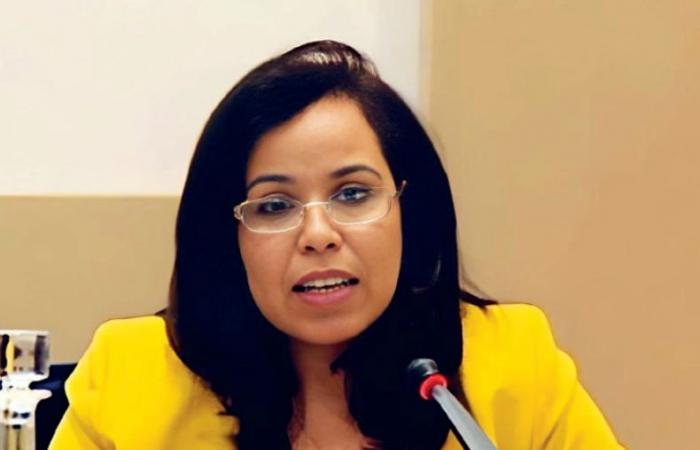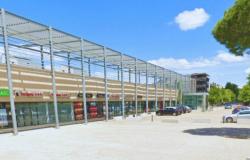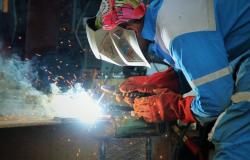Finance News Weekly: The recent report “Green Public Finances” prepared by the regional economic service of the French Embassy in Morocco, ruled on Morocco’s orientation towards the greening of its public finances which would be a key tool for decarbonization . What is your analysis?
Fatima Arib : Indeed, the greening of public finances is presented as a powerful lever to promote the decarbonization of the Moroccan economy. However, it must be understood that decarbonization is a long-term process, which requires significant investments, accompanied by specific measures, financial and non-financial, to be able to influence the economic practices and behaviors of individuals and companies and facilitate the transition to a green and sustainable economy. This implies the adoption of economic and budgetary policies that integrate environmental considerations and promote sustainability, incentive tax measures, investments in green infrastructure and projects, environmental standards and regulations, the encouragement of research and green innovation in the field of clean technologies and sustainable practices, in partnership with the private sector and academic institutions…
FNH: What measures have been put in place by Morocco to green its public finances and to what extent can they promote the decarbonization of the economy, knowing that by 2026 Morocco will be faced with the introduction of the carbon adjustment mechanism at the borders of the EU?
F. A. : Morocco, like several other countries, is affected by the binding provisions of the new European Union Carbon Border Adjustment Mechanism (CBAM). This is an important measure whose main objective is to strengthen the EU’s environmental and climate policy in terms of foreign trade, reduce the risks of relocation of carbon emissions and, above all, preserve the competitiveness of European industries. Several industrial sectors are affected in Morocco by this new mechanism: automotive, parachemicals, electricity, fertilizers, textiles, the agri-food industry, etc. The Kingdom has been committed several years ago to programs enabling it to overcome this and other constraints. Several initiatives and programs have been supported by public finances, in order to support the decarbonization of industries and promote a greener economy. First, there is our country’s international commitment to reduce its greenhouse gas emissions and its active participation in international climate agreements. Morocco’s efforts to align its public policies with global standards and objectives are recognized. These include the Renewable Energy Development Programme, to reduce the country’s dependence on fossil fuels and increase the share of renewable energy in the national energy mix; tax incentives for the installation of solar or wind energy systems and investments in low-carbon sectors; green infrastructure projects aimed at reducing the carbon footprint of industries and services…
FNH: Are the measures taken to direct public finances towards decarbonization effective and efficient? Are there concrete results from the contribution of public finances in the process of decarbonization of Moroccan industries?
F. A. : The effectiveness of any measure to green public finances depends on several factors. These include the good design of measures, clear objectives adapted to the specificities of the country, correct and timely implementation, coordination between the different components of the system as well as with the private sector and civil society, and also the integration of measures into a holistic sustainable transition strategy. Morocco has implemented several measures to green its public finances and promote the decarbonization of its economy. The concrete results of these various measures taken in this area include an increase in renewable energy capacity, reductions in emissions in various industrial sectors and a gradual transition towards a sustainable economy. In addition to political commitment and international cooperation in this area, Morocco needs a real capacity for technological innovation to meet environmental and climate challenges in an efficient and sustainable manner. Hence the importance of greening through support and financing of research and innovation in clean technologies to develop effective and competitive solutions on the market. Public funding can play a key role in this area. It is also important to put in place evaluation and adaptation systems to regularly assess the effectiveness of implemented policies and adapt strategies based on results and changes in context. This will surely maximize the impact of public investments in decarbonization.






